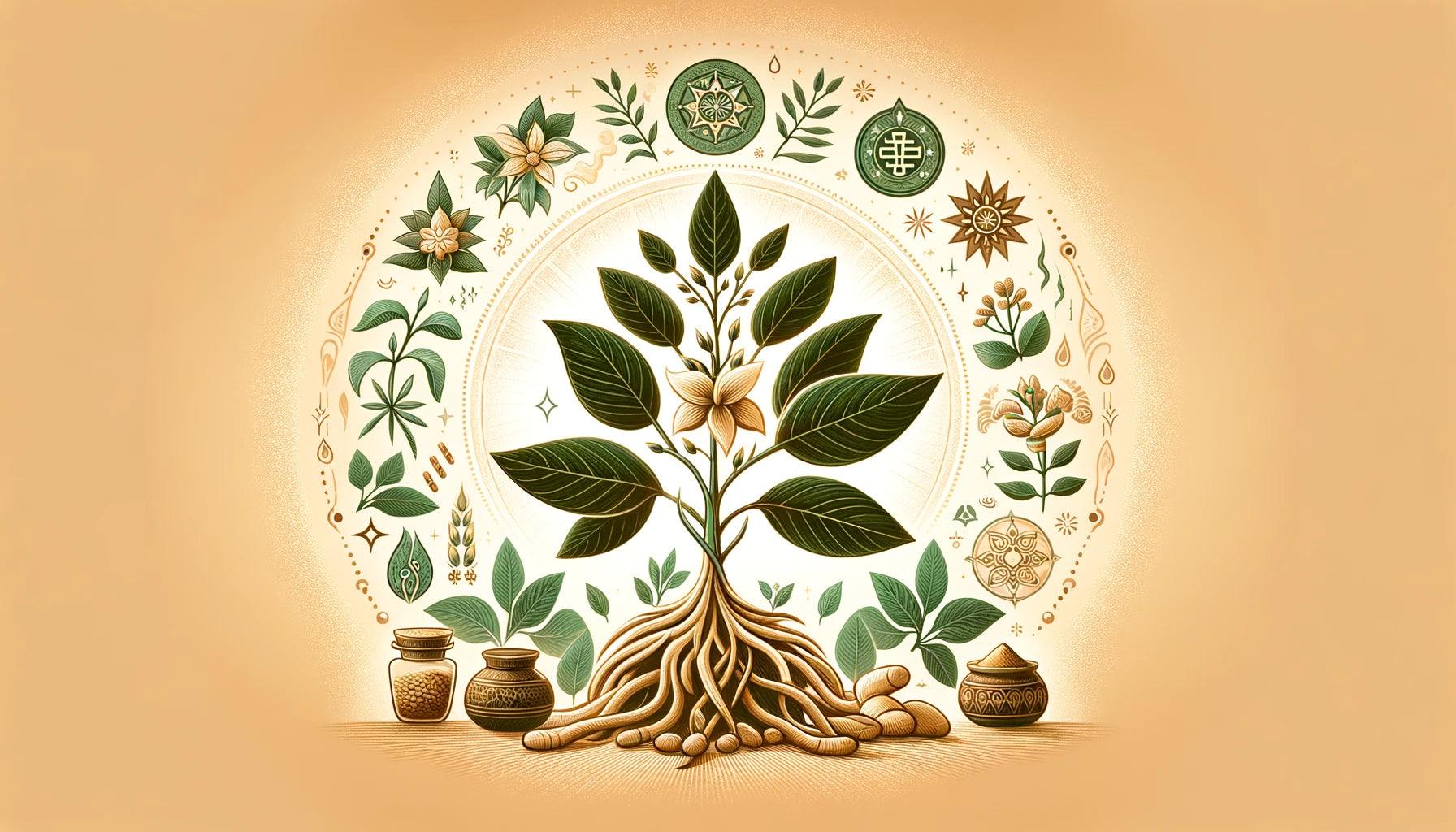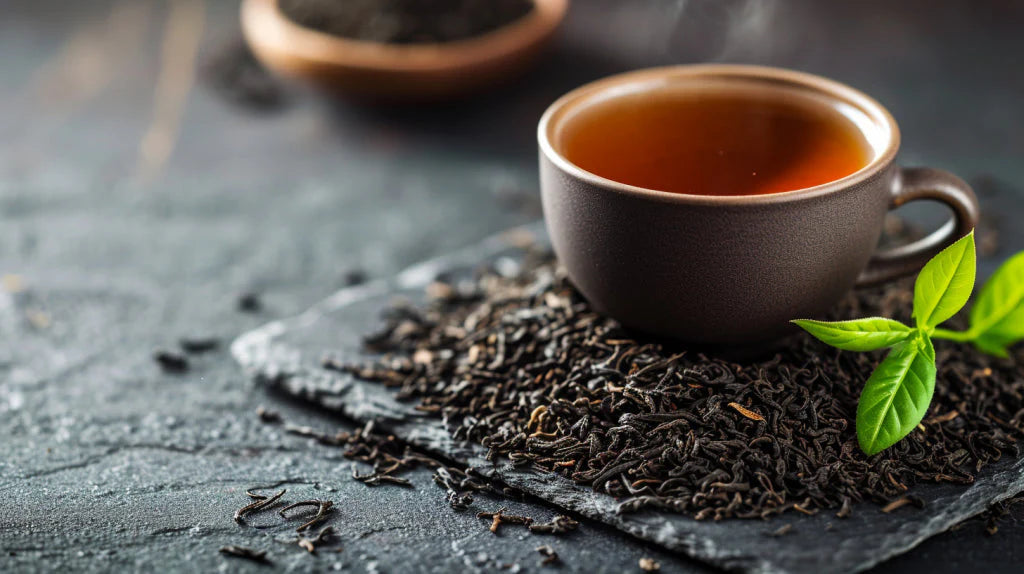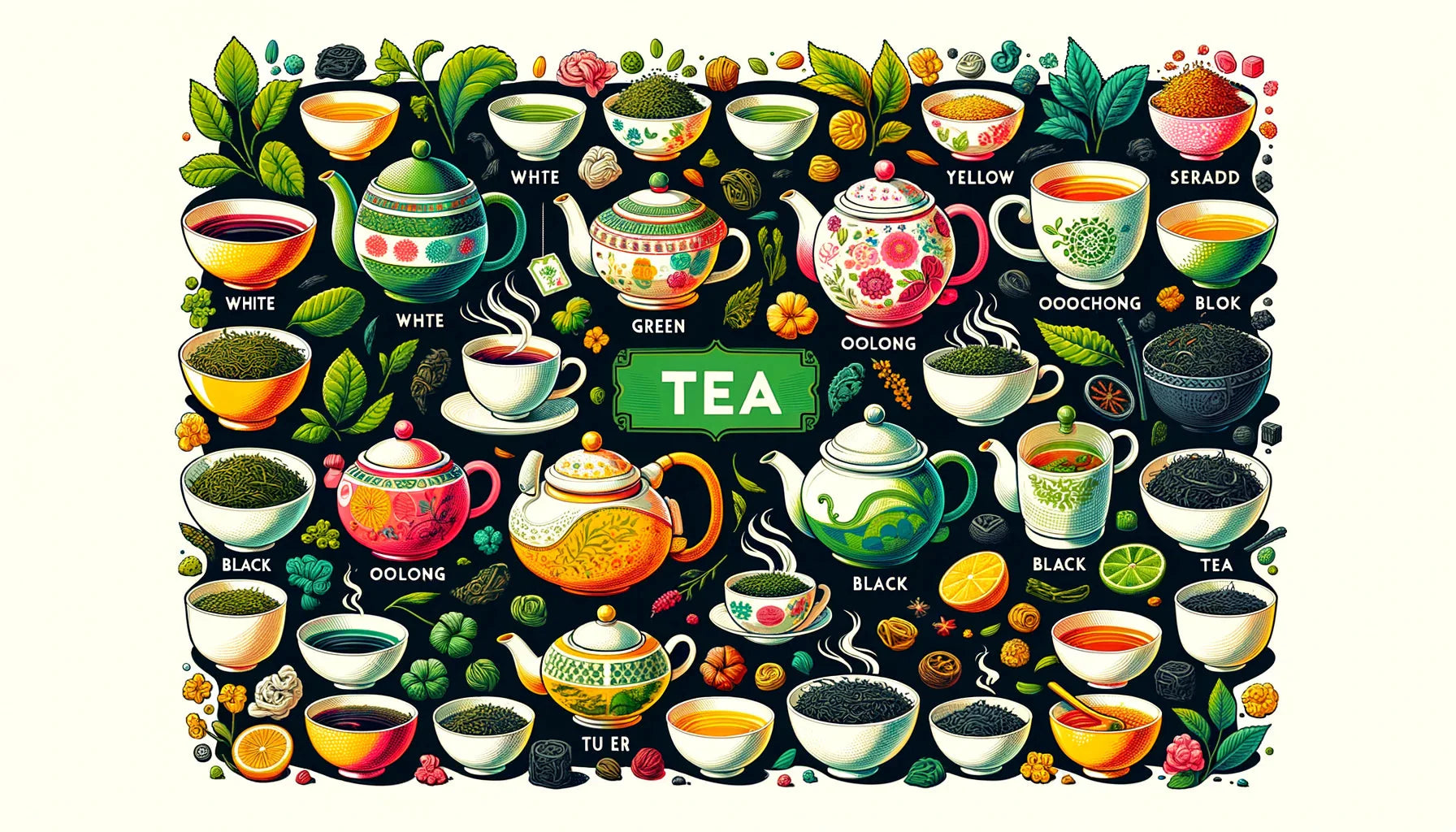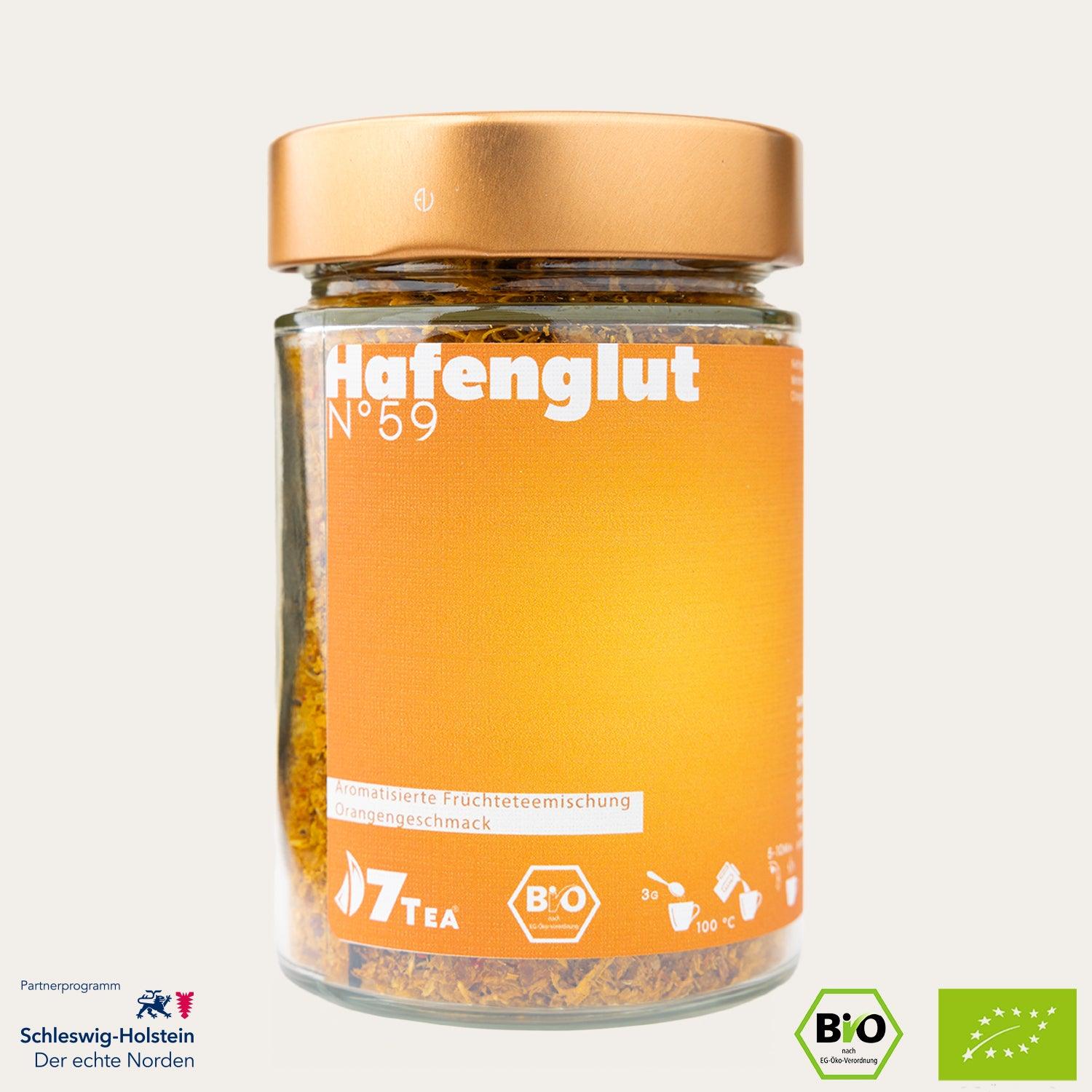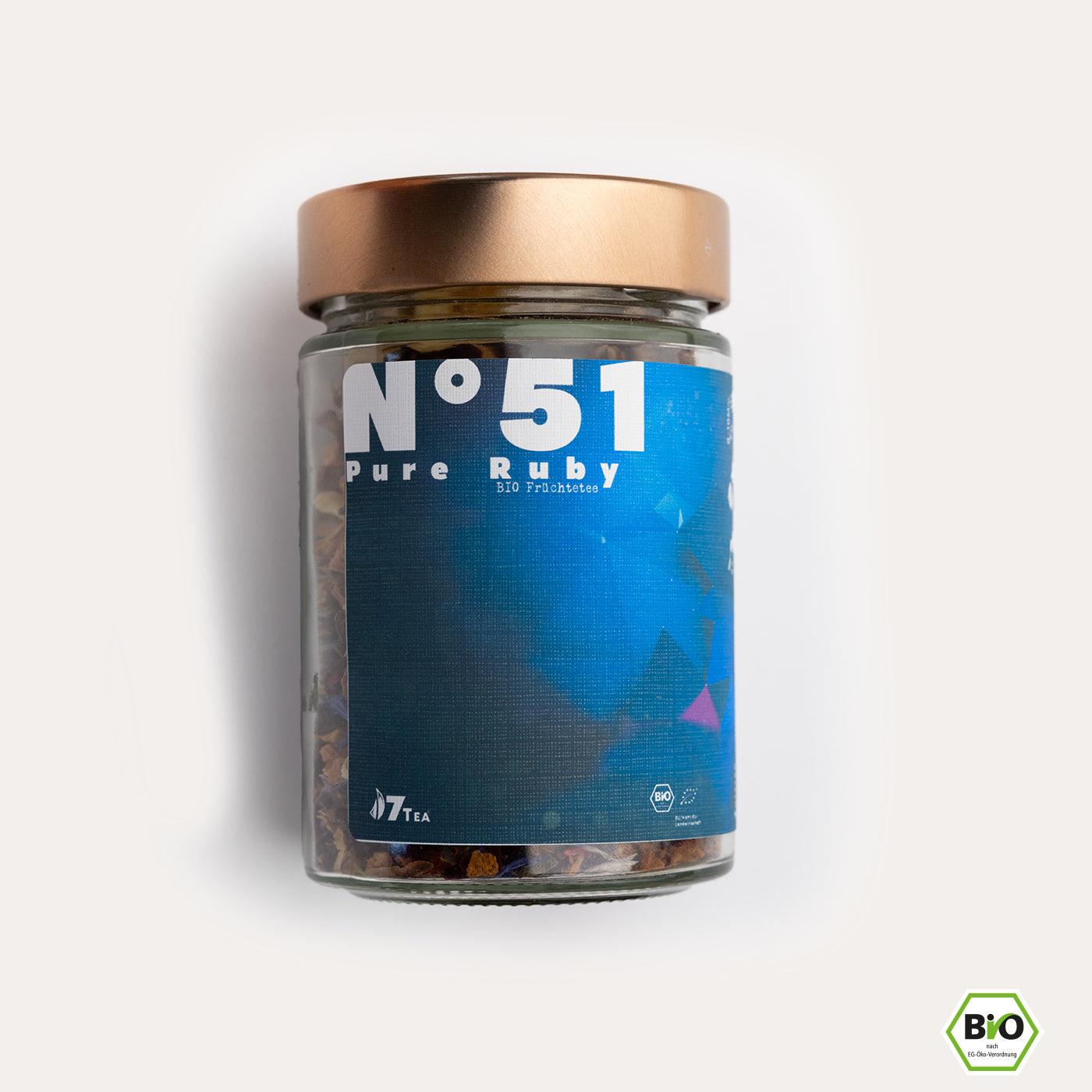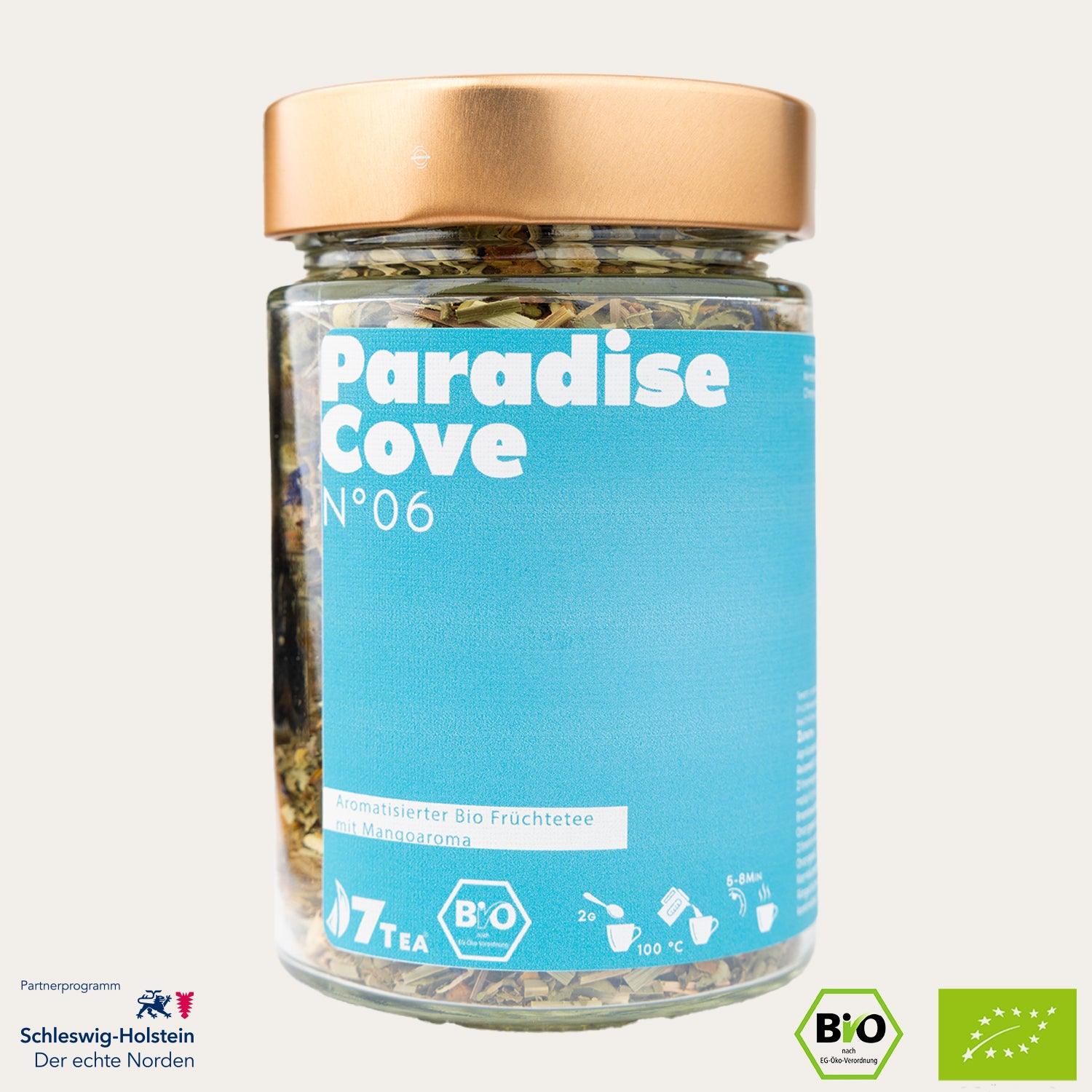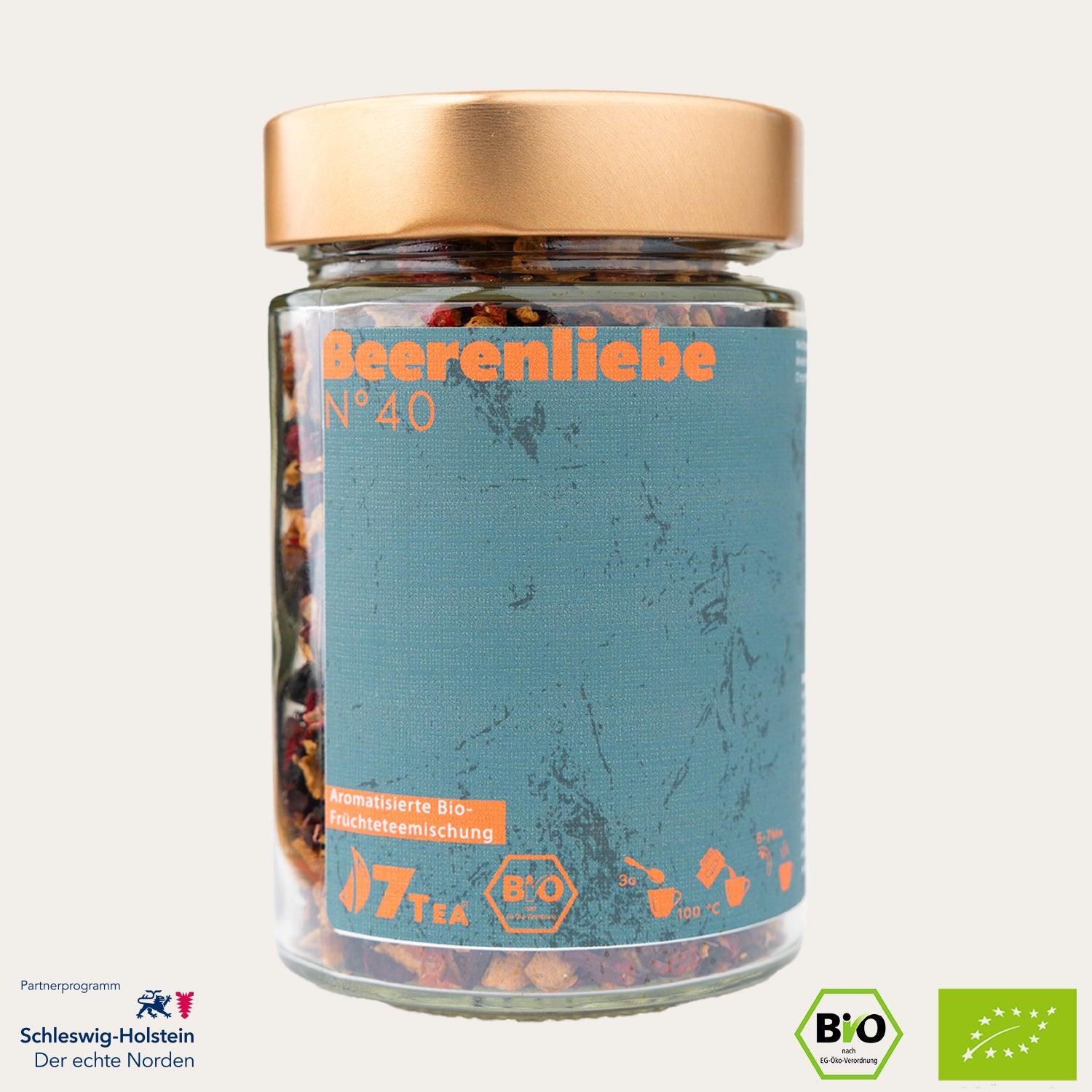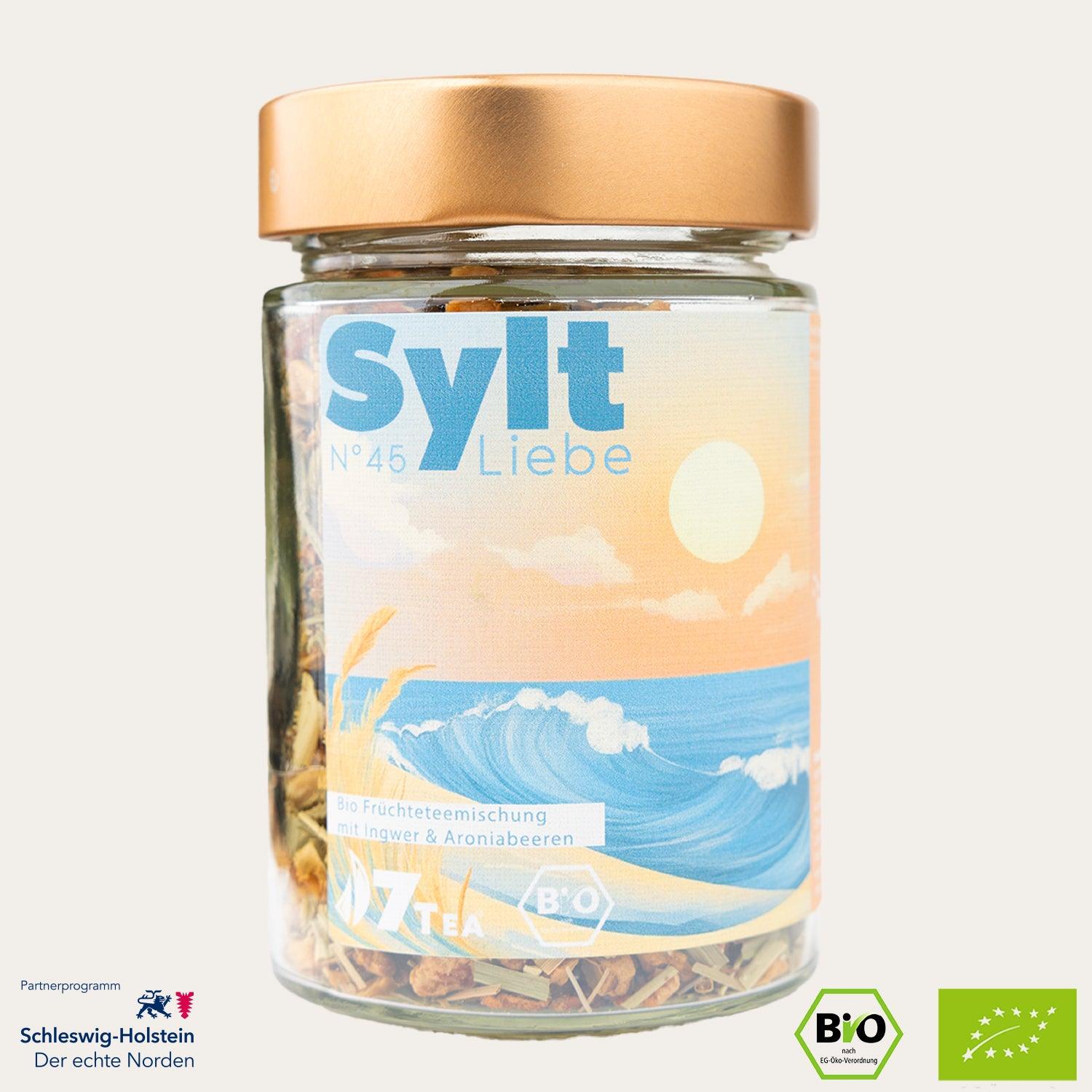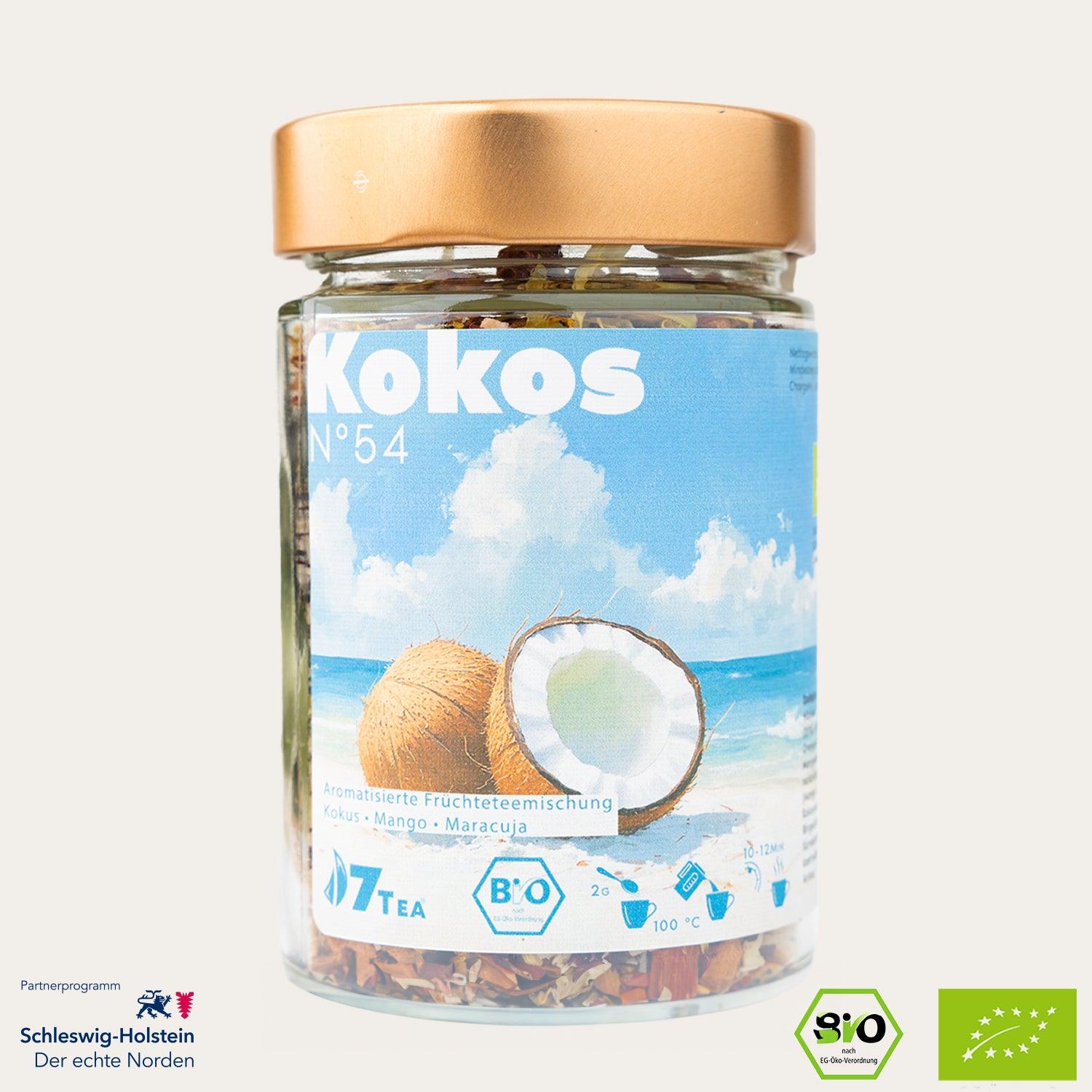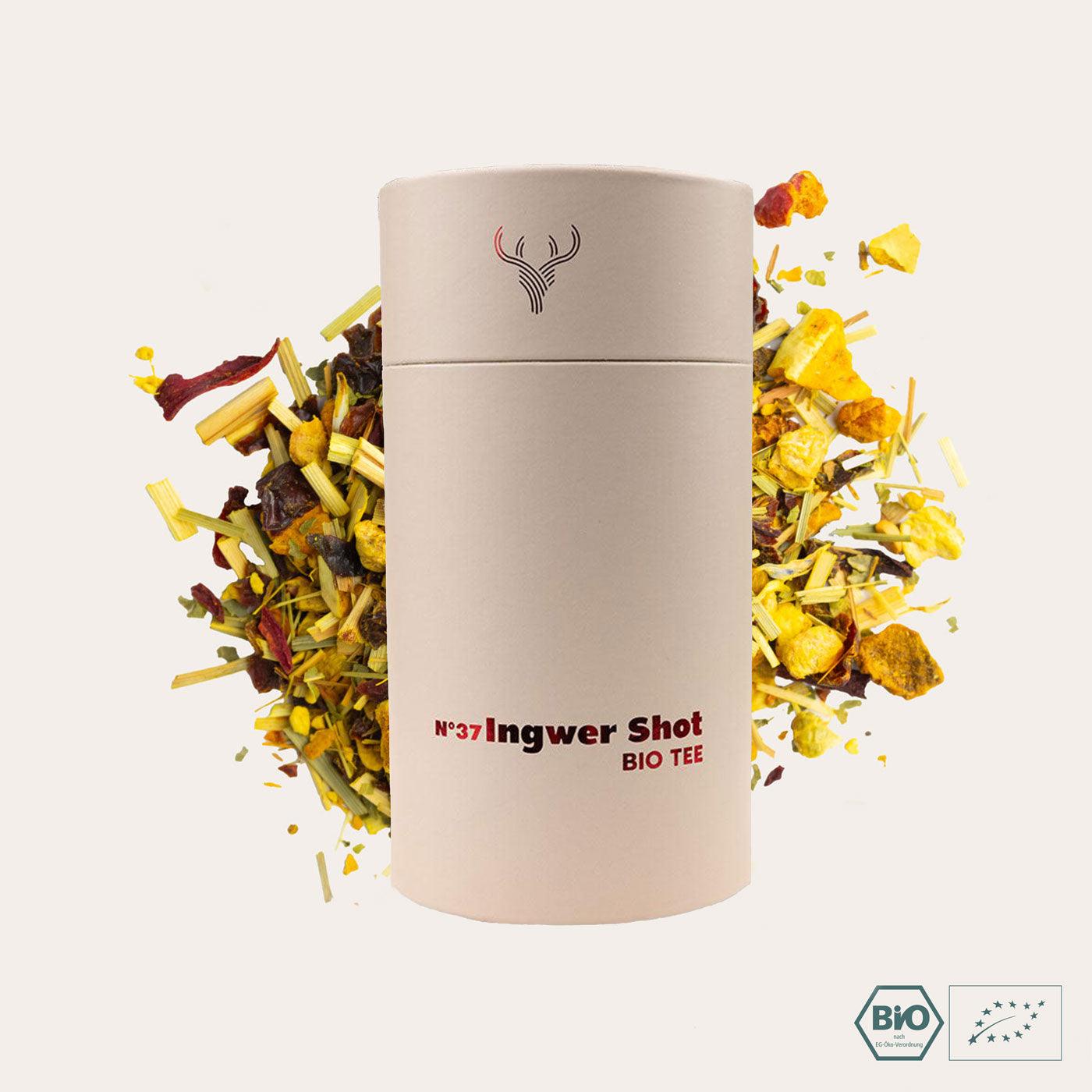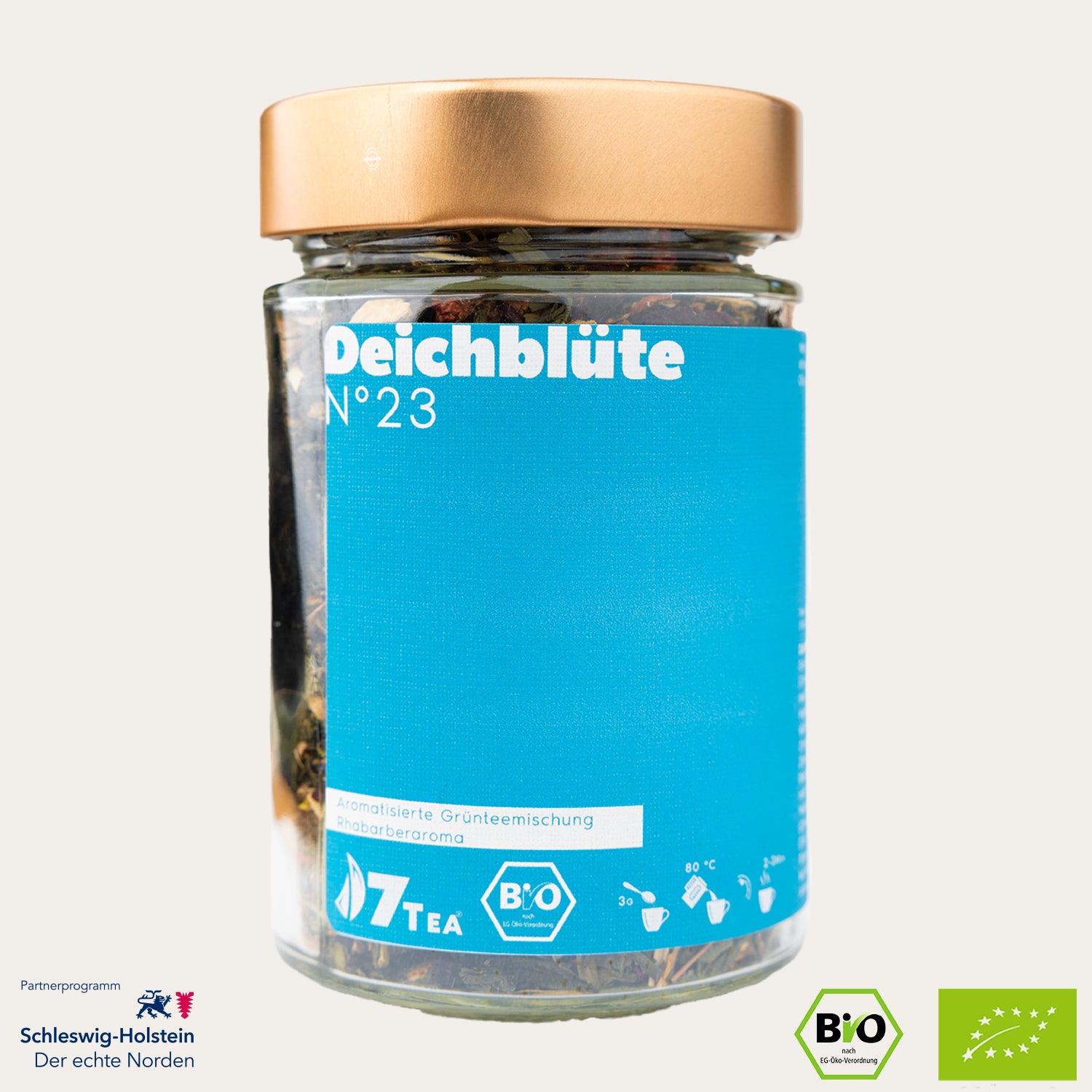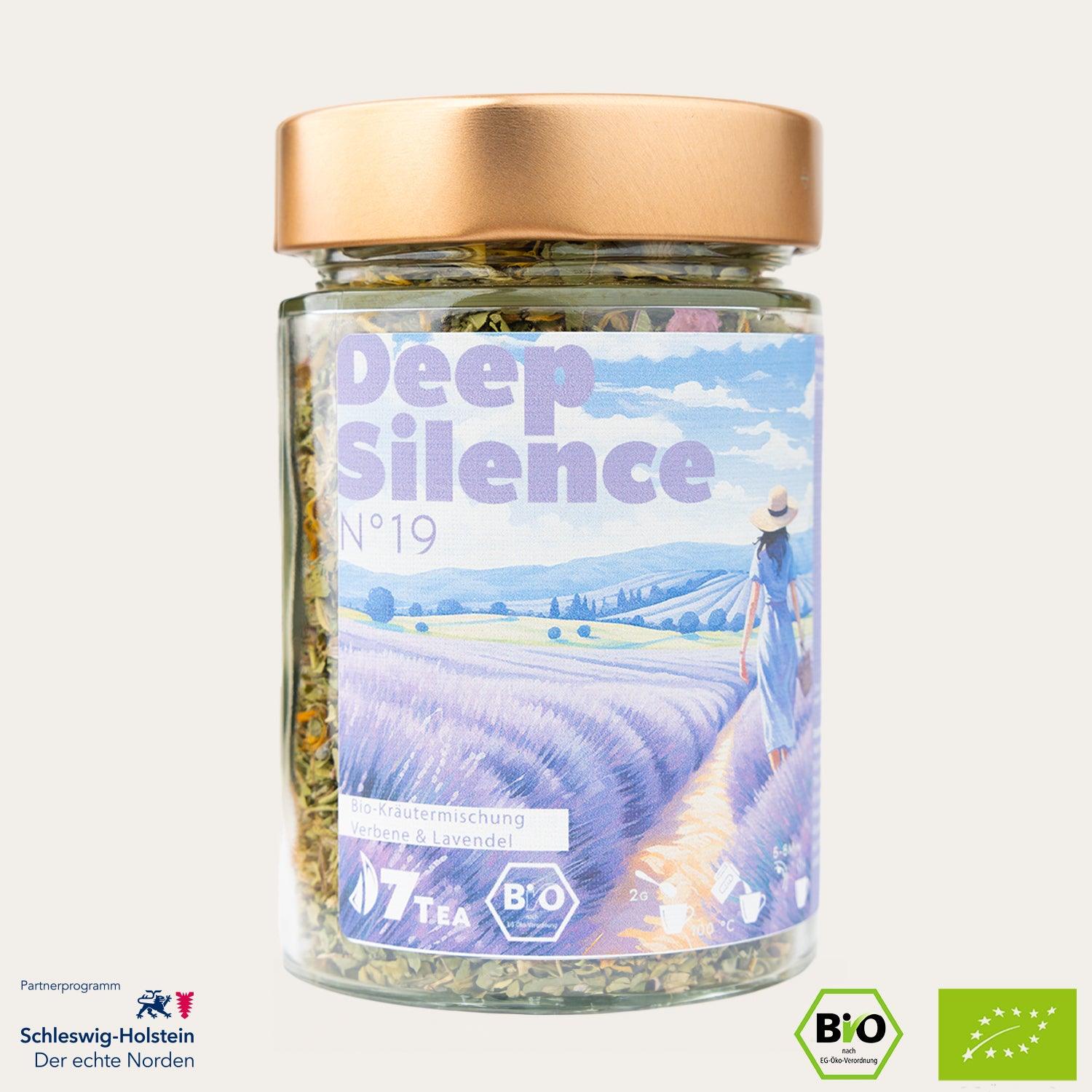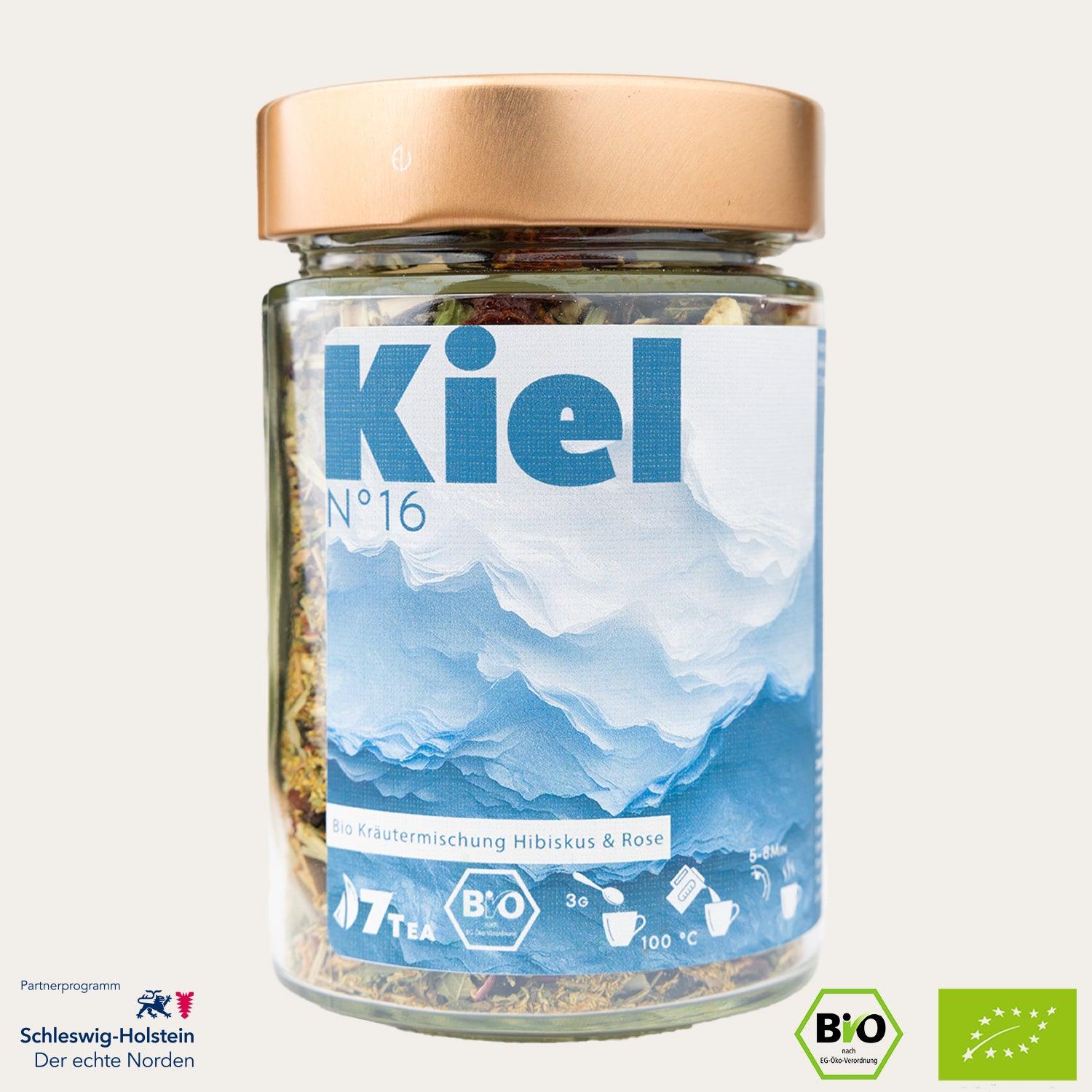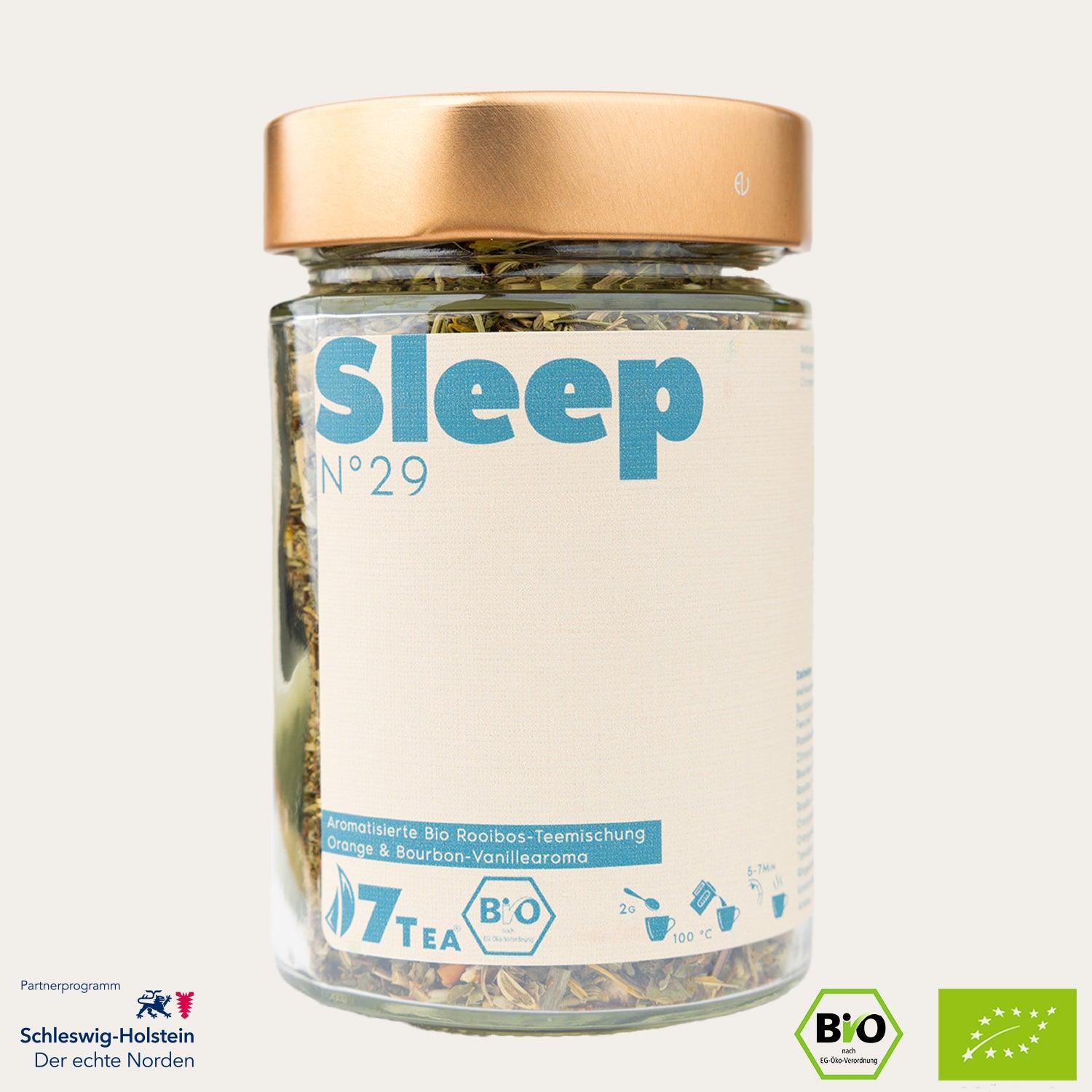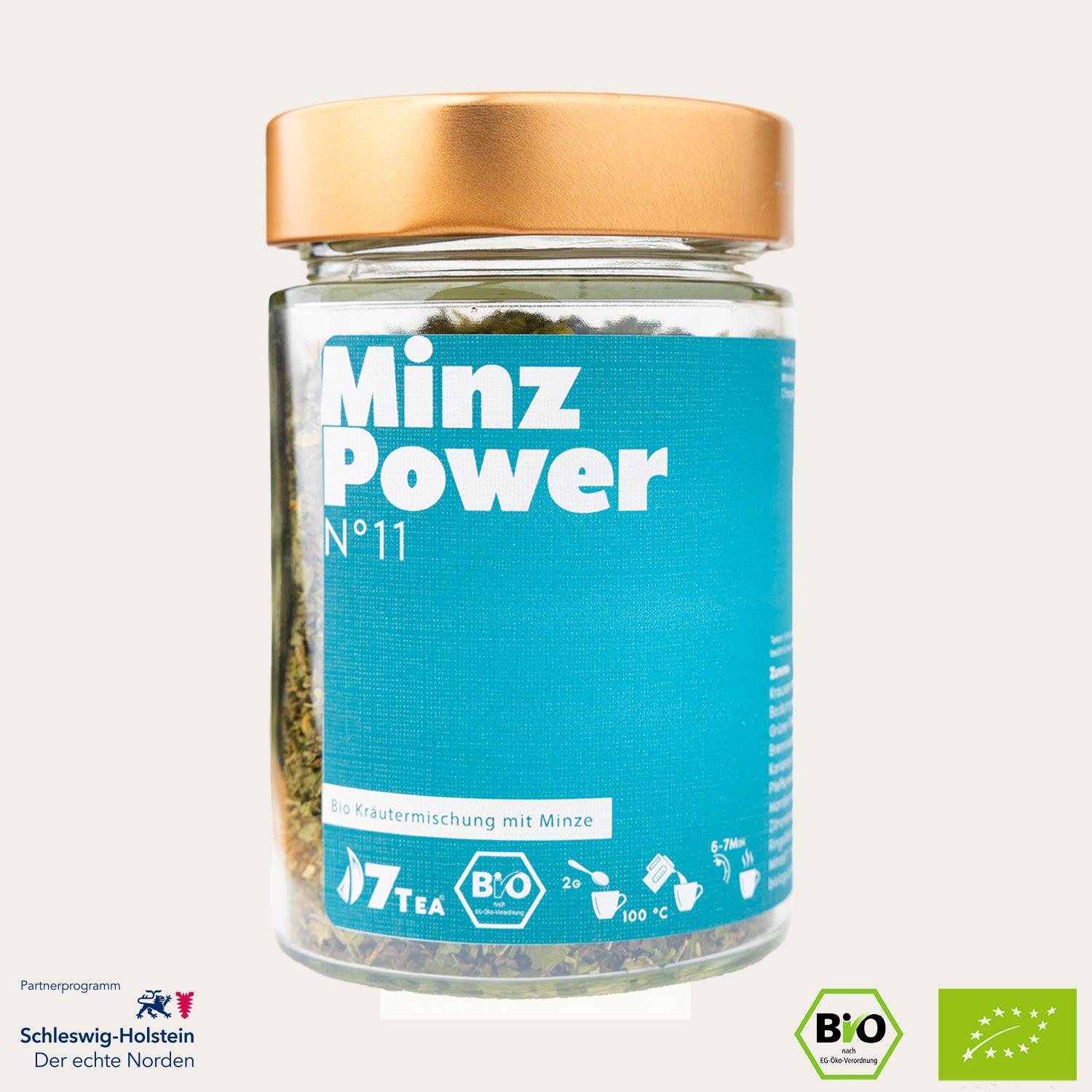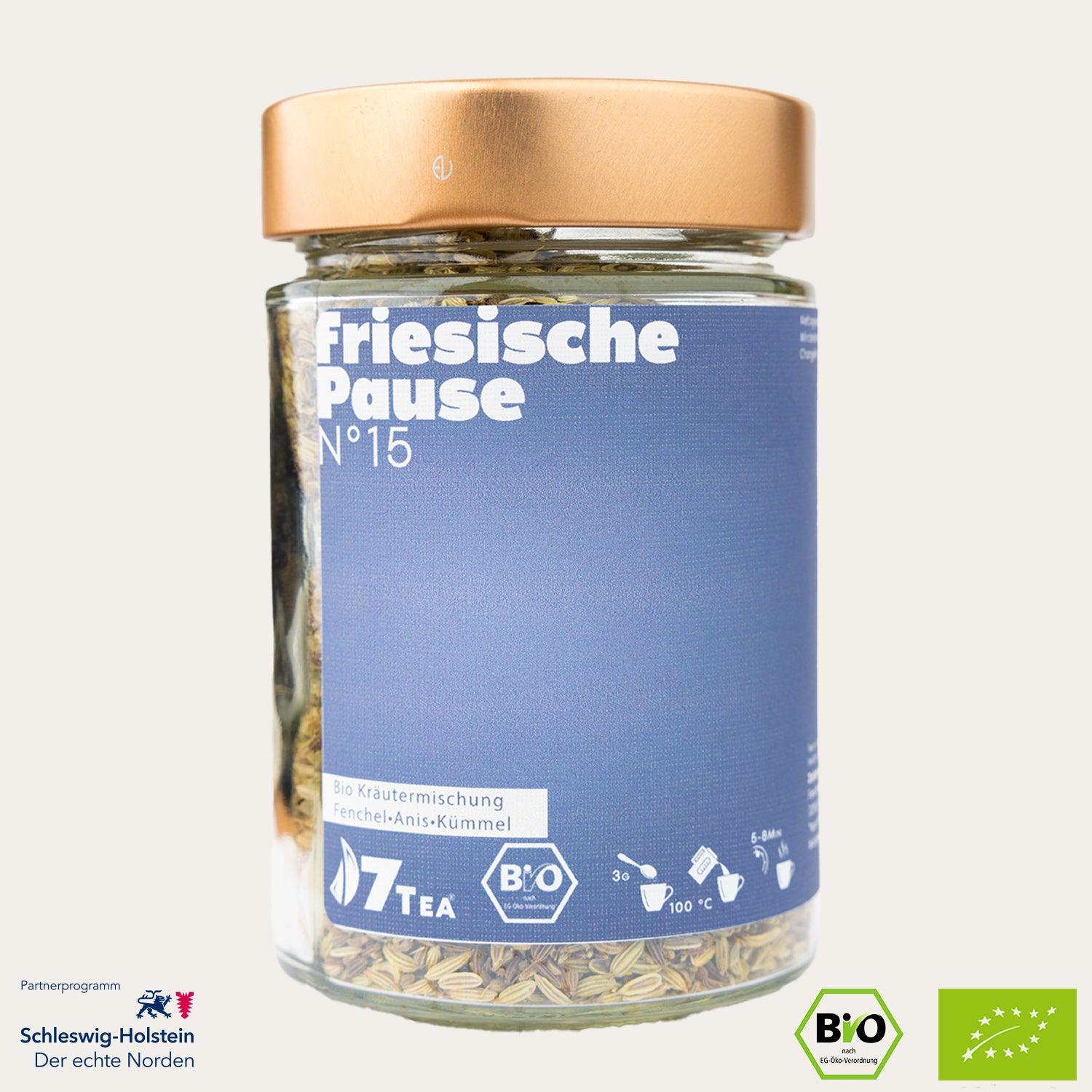Lavender tea: Calming herb with versatile effects
Table of contents
- Introduction: The power of lavender
- Calming properties of lavender tea
- Lavender tea for better sleep
- More health benefits
- How to make lavender tea
- Conclusion: A tea with versatile benefits
Lavender, known for its characteristic aroma and calming properties, is also a real experience as a tea. Lavender tea, made from the dried flowers of this plant, offers a variety of health benefits. Let's dive into the world of lavender tea.
Introduction: The power of lavender
Lavender is a popular herb often used in aromatherapy. Its pleasant scent and calming properties also make it an excellent choice for a relaxing tea.

Calming properties of lavender tea
One of the most well-known benefits of lavender tea is its calming effects. It is often recommended to relieve stress and anxiety. Drinking lavender tea can help promote a calm state of mind and improve overall well-being.
Lavender tea for better sleep
Many people drink lavender tea to promote better sleep. Lavender can help relax the mind and prepare the body for a restful night. This makes it an ideal evening tea choice.
More health benefits
In addition to its relaxing properties, lavender tea also has other health benefits. It can help relieve digestive problems, reduce headaches and can also help relieve skin problems due to its anti-inflammatory properties.

How to make lavender tea
Making lavender tea is easy. Simply pour hot water over dried lavender flowers and let them steep for a few minutes. You can sweeten the tea with honey or another natural sweetener if you like.
That's what science says!
Lavender tea is known for its diverse effects, covering both physical and mental health aspects:
-
Reducing fatigue and depression : Lavender tea may reduce fatigue and depression and improve mother-infant bonding in sleep-disordered postnatal women, although these effects appear to be short-term ( Chen & Chen ).
-
Versatile health benefits : The effects of lavender tea include warming and nourishing the stomach, calming the nerves, skin whitening, beauty promotion, wrinkle removal, anti-aging effects and cold prevention ( Wu ).
-
Potential health risks : Lavender tea can cause supraventricular tachycardia and anticholinergic syndrome in some cases, as demonstrated by a case of lavender Stoechas tea poisoning ( Açikalin et al. ).
-
Relaxation and Immune Boosting : Lavender tea can aid relaxation, strengthen the spleen, nourish the skin, improve the immune system, and calm the nerves. It is particularly suitable for young people and female consumers as a green health drink ( Chen & Yu ).
-
Limited Research : There is limited research on the therapeutic effects of lavender tea, indicating the need for further studies in this area ( Negi et al. ).
-
Reduction of fungal growth : Lavender tea at a concentration of 1 mg/cm³ reduced the growth of Cladobotryum dendroides, a pathogenic fungus, by 90% ( Górski et al. ).
-
Increasing the GABA-mediated response : Lavender tea can increase the GABA-mediated response, potentially producing a calming effect in vivo ( Kessler et al. ).
-
Stress, Anger and Depression Treatment : Lavender tea can alleviate negative effects of stress, anger and depression, especially during global pandemics ( Shahrajabian ).
These results highlight the versatile potential health benefits of lavender tea, but also point to the need to consider potential risks and validate effectiveness through further research.
Conclusion: A tea with versatile benefits
Not only is lavender tea a treat for the senses, but it also offers a wealth of health benefits. Whether for relaxation, promoting sleep or relieving symptoms - lavender tea is a wonderful addition to a healthy lifestyle.


